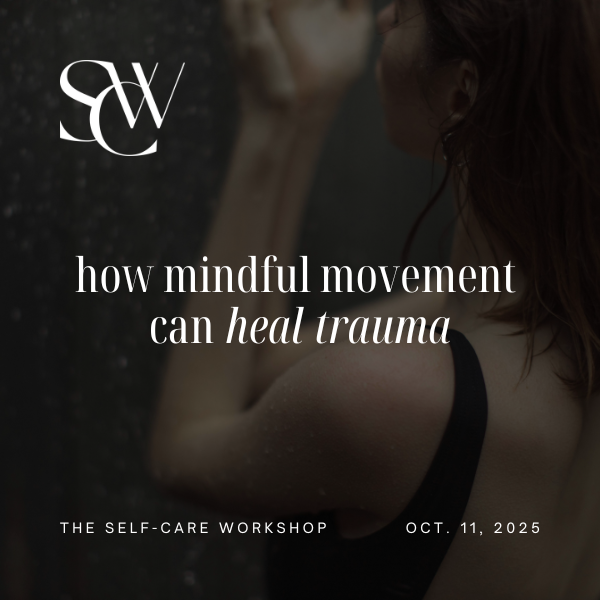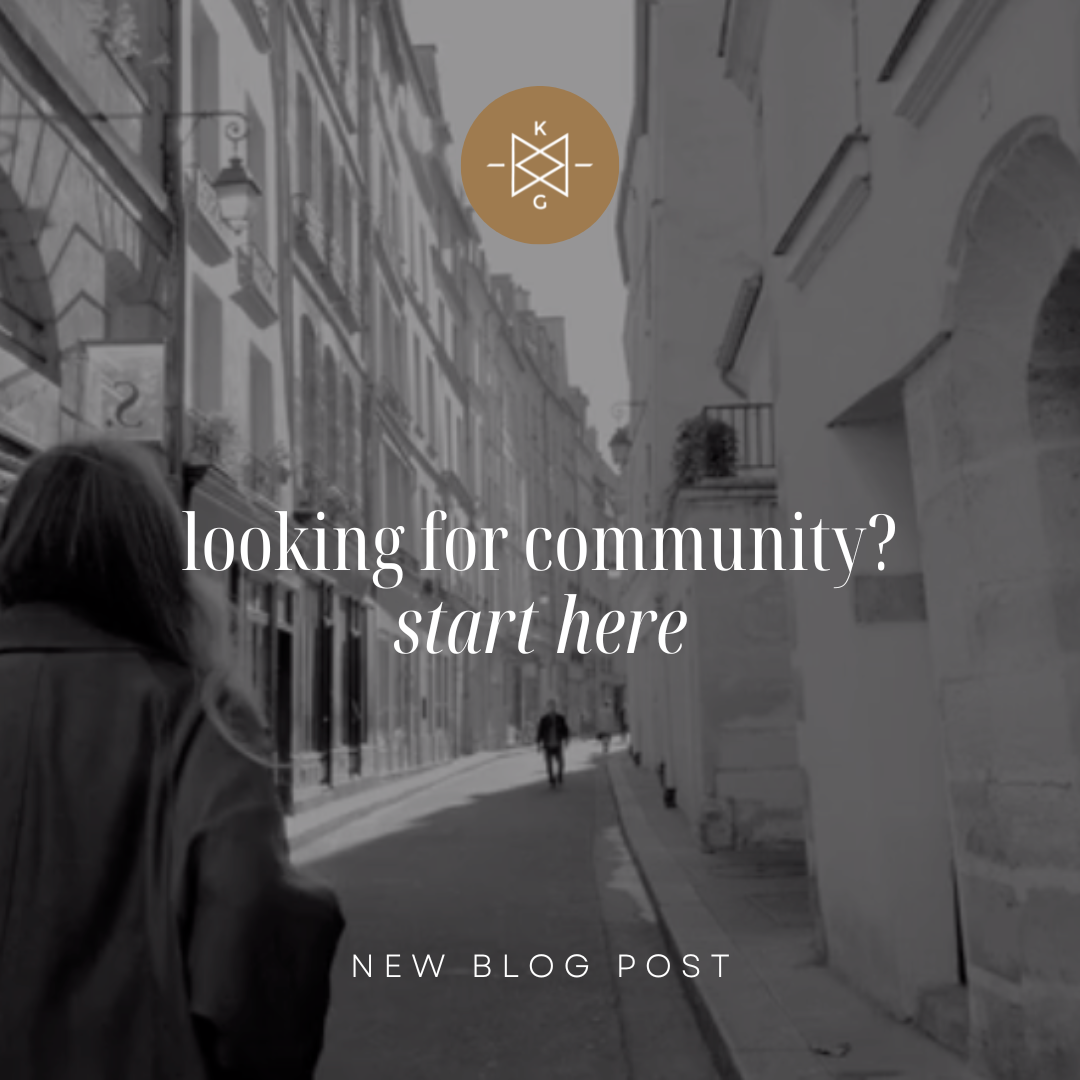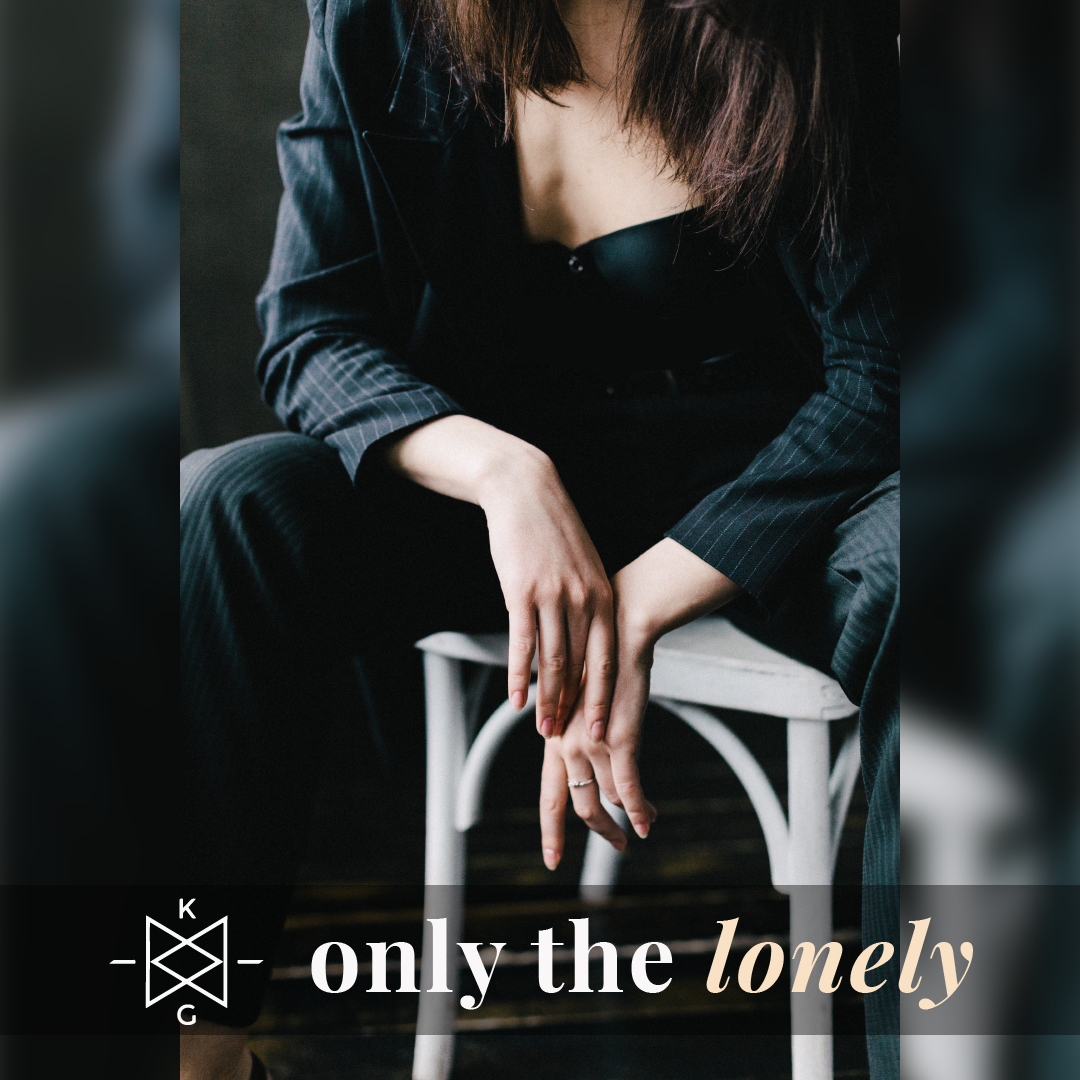
The Blog
Recently Featured
All Blogs
Leaning into Loss: 3 Lessons on Grief
“Resilience comes from deep within us and from support outside us. It comes from gratitude for what’s good in our lives and from leaning in to the suck.”
- Sheryl Sandberg
You may not realize it, but life either has, or will, make you something of a hope vendor. Loss is all around us. It makes up at least 50% of life. At times, you’ve worn the hat of grief counselor for friends, family, and co-workers. I want to share some insight I’ve gained that might shine a light on these often immobilizing and confusing stretches.
A couple of years ago, I attended an all-day workshop led by David Kessler, self-help author and grief guru. He is most well known for his groundbreaking work with Elisabeth Kubler Ross, a Swiss-American psychiatrist who pioneered what we know as hospice care as well as the Kubler-Ross model, or the five stages of grief (denial, anger, bargaining, depression, acceptance).
Despite Kessler’s expertise in death and grieving, he is hilarious. He cracked jokes throughout the entire day, poking fun at himself and taking some light-hearted stabs at the afterlife. I found this profound in light of his work’s focus.
Here are three key insights to remember about grief and the grieving process:
We Grieve in Character
Have you ever known someone who is super level-headed, maybe even annoyingly practical and even-keel, experience a major loss and recover with seamless resilience? Perhaps to the point you even asked them, “Are you sure you're okay? You don’t even seem like this phased you!”
Unless there is a small chance (less than 15%) they’re experiencing delayed grief, he/she is grieving in character, meaning— the way we normally do life is the way we also grieve.
As an Enneagram four, I grieve in all colors of the rainbow; with intensity and every shade of emotion. Hell, my feelings even have feelings, so this emotional intensity checks out in light of my baseline character.
Suffering is Optional
Pain is inevitable; suffering is optional.
Pain and loss are an integral part of life. Suffering, however, is the story we make up about our pain. For example, “This shouldn’t be happening to me” or “It wasn’t supposed to end this way.” We quickly forget how much a part of life loss is as the proverbial record gets stuck on that screeching note of overwhelming shock and awe.
The upside is we have complete power over whether we suffer long-term or not. When we suffer, we live in our heads and attach to narratives of futile embellishments… "why me?”
Resilience shines not when we deny our pain, but as we courageously “lean into the suck” as Sheryl Sandberg cleverly puts it in her latest book Option B. Loss is painful, and the quickest way to the other side is through it, not around it.
Fixing Doesn’t Work
There is no rational way to fix traumatic loss just like there is no way of scientifically explaining romantic love. It just is.
Grief must be witnessed, not explained.
When I try to relate to someone in their grief by offering up a “me too,” what I’m doing is making it about me, not actively listening. In doing so, I cheapen their felt experience. Don’t worry, grief will inevitably run its complex and necessary course. We don’t have to, nor can we ever simply fix it. A hug, an open ear, and a shoulder to cry on will work far better.
From my own experience, I’m reminded how isolation wreaks havoc on the grieving soul. I'm not saying we need to extrovert-up and throw ourselves into social chaos. However, knowing we’ve got a few safe people who will witness our grief is vital. We’re not meant to go this road alone.
As I write this, I’m cringing on the inside. It’s so pat…so formulaic. The grieving process is far from math. It’s ghastly. It feels like death. It’s bigger than space and time and breaks us in a way that feels violent—wrong.
So how do we intentionally bring awareness to this part of life, even when what we currently experience feels light and joyful? It’s a combination of two things: we stop to give thanks a lot more for the things we have that bring life, laughter, and meaning. We also explore in conversation the reality of loss, not to focus on the negative, but mindfully acknowledge the fragility of it all. These two go hand in hand.
If you or someone you know is alone in their grief, know that there are options. Please reach out if your grief needs a witness. It won’t stop the pain, but it might ease the suffering.
Love & gratitude,
Katie
3 Myths about Self-Care (and #2 might surprise you)
“Love your neighbor as yourself.”
- Jesus
How do you practice self-care? You would be shocked how many times I’ve heard these two responses in therapy:
“What’s that?”
“Not very often. It feels selfish.”
Thankfully, if you’ve had these same reflexes, you’re not alone. There’s no shame. This just means we’re a little confused about our most important relationship: the one with ourself.
And I know what you’re thinking, “Spare me. Sounds so indulgent.”
However, do you expect your car to run on empty? Do you drive it around for months on end without gas or an oil change? I’m not even a car person, and have been scared into submission to pay attention when that glorious red light signals E, nudging me to the nearest Twice Daily.
My hunch is, you probably want to maintain your car so it doesn’t fall apart.
Let’s take it a step further. Do you expect your nearest and dearest relationships or marriage to thrive without an occasional phone call, text or date night reminding them of your love and appreciation?
Again, I’m guessing you’re pretty good at showing others you care. In fact, you’re probably great at it. Why? Because it’s socially accepted—even encouraged—and there’s an immediate reward on the other side. When we show intrinsic kindness to others, we are often appreciated back in some way.
So why do we neglect the one relationship that is the most constant and powerful of all? Make no mistake, I’m a person of deep faith who believes in and loves God. Yet, even John Calvin said, “Without knowledge of self, there is no knowledge of God.”
If we practice self-care and learn how to relate to ourselves in a kind and compassionate way, we are then primed to love the world in a more authentic, generous way.
If you’re still on the fence, I want to bust a few myths you might buy into that hold you back from practicing some necessary self-care:
1) Self-care equals selfishness:
This is a biggie. However, self-care is actually highly responsible, adult behavior. It’s learning to take care of yourself instead of obsessively tending to other people. In doing so, we learn that part of our job here on earth is to be responsible for our needs and desires instead of undermining them for the sake of others. Jesus said, “Love your neighbor as yourself.” This suggests without knowing how to love myself, I don’t know how to love my neighbor.
Right before take-off, the flight attendant does her thing and gives you instruction for safe travel. The part that always sticks with me is when she says to first put on your oxygen mask before that of others, even small children. We love others better when we start with ourselves.
2) Self-care is takes too much time and effort
“I don’t have time for self-care.” I hear this a lot from mothers. I quickly retort, “Well do you have time for a mental or physical breakdown?” The answer is always no. Self-care is made up of a loving mindset that allows for tiny, two-degree shifts in behavior towards yourself. I’m not asking you to soak in a bubble bath all day, I’m asking you to start regarding yourself with kindness. Start listening to your needs and take tiny actions to meet them.
3) I don’t deserve self-care
Dear one, if this is your unconscious go-to belief, you may be carrying a heavy, hurtful burden. I know from experience there is another way. Perhaps the first place to start is a trusted friend or therapist to unpack past experiences or relationships that led you to believe this. Your birthright as a human being is to have needs and desires and get them met. God didn’t leave you out of this equation. You’re invited into the feast of wholeness just because you’re here and you’re you. Please reach out if you feel alone in this space.
Love & Gratitude,
Katie
P.S. Interested in learning more about yourself, self-care, and the Enneagram? I’ve got an exciting opportunity for you if so! Click here for more info.
Only the Lonely
"Loneliness is proof that your innate search for connection is intact."
- Martha Beck
If there is an emotion that feels truly hollow and hopeless, in my experience, it has been loneliness. It’s an ache that reaches for miles and miles and photoshops out any trace of perspective or existing motivation to grab hold of.
This is why, for me anyway, it’s necessary to stuff it, sweep it, and quickly look the other way before the bleakness of its stare can call my flimsy bluff. The tears would be a storm. The storm might never pass. …Keep it together, Katie… the show must go on.
This is also why loneliness is currently proven a more dangerous health epidemic than obesity and smoking. No joke. On the surface, it’s asymptomatic. We can hide it famously. Yet right beneath the surface its death grip is suffocating.
Whereas I believe loneliness is not something to mess around with over time, I do believe--like anything--it can create spaces in life to dig deeper into an otherwise hidden ecosystem of awareness and insight.
Curiously, loneliness became one of the most prolific teachers I’ve ever had. Come to think of it, she used very few words, if any. Just like most memorable teachers, she was a real hard ass at first. Over time though, she softened.
Today, if you sit in a scary room of loneliness, I want to reach you. Not to fix you, Lord knows I can’t. I want to simply say “I see you,” and perhaps in doing so, lessen the penetrating sting of that thick and clumsy needle. I want to validate your pain, take it out of its dark and shadowy corner, and simply give it some breathing room. Lonely shouldn’t bear the weight of such baggage. Yes, she’s strong, but not that powerful.
Plus, the felt pain of our emotions lifts a bit when we let some light in and talk about them.
My loneliness gave me a space to dig into the real, unseen meat of my needs and desires. I hated and resisted her for so long, until I held that resistance up against the light. Here are the most stunning realizations she gave me.
Loneliness is the human condition
I remember sitting in my therapists office one crisp February afternoon. I was at the bottom of the bottom. My anxiety was so deafening, I couldn’t separate out my words and thoughts from her loud yell. She beat frantically on the drum of my chest without reprieve.
I was anxious because of this pervasive sense of loneliness laced with depression I couldn’t escape from. It doesn’t make much sense looking back now, but man did it feel like fact then. It put me in the hospital, literally.
My therapist, Gail, looked at me with her wise and nurturing eyes that day and said, “Katie, loneliness is the human condition. It’s what we all have in common.”
Whereas I wanted a pill or a promise, she gave me that weighty nugget. I’ve carried it since.
To know that my loneliness is not unique or special, and in fact, is a pre-requisite for being human felt like a heavy wave of relief.
Your loneliness is part of what connects you to the frayed fabric of humanity. It points you to reach out.
Lonely is different than being alone
Some of the loneliest people I know are married, have a couple of kids, are well-connected in the community, or have big jobs. I’ve got a friend who lives in New York City and tells me it can be the loneliest place in the world.
Despite being surrounded by people, we can still be deeply lonely. Solitude, even for all you extroverts out there, is a gift worth tearing open.
It was during a thin people-season with little community and support that I was forced to befriend solitude. Sure, it felt lonely, partly because I’d been so dependent on people to tell me who I was and what I should do and believe. This unfamiliar place of open-ended quiet felt terrifying. Ironically, this was the season I started to hear the sound of my own voice.
We create out of silence. We can only truly listen in the stillness. This requires getting alone yet is different than loneliness. Quiet passages of solitude invite the most valuable connection possible: you and you. This is when we learn to belong to us.
The fear of loneliness is often rooted in shame
What I notice in seasons of loneliness, and yes, they still exist, is that I’m really grappling with the shame of inadequacy. I’m afraid I’ll be rejected or misunderstood or simply won’t have what it takes. This fear always leads me down the path of trying to fit in or people-please. I’ve had to call BS on so many of my attempts at being liked instead of being true.
This is when loneliness tells us we’re on the right path and we’re not merely masquerading. I was reminded of this when I read Brene Brown’s Braving the Wilderness.
Her research has proven that in order to truly belong we must often times stand alone and risk being highly vulnerable. Courage and comfort are not synonymous.
In order to belong, we must be willing to talk about, and in doing so, reveal those areas we are most shameful in to safe people.
This process feels incredibly lonely. Yet, it’s far better to take this risk and own our truth than to fake it on the surface and disconnect from self. That’s an exhausting detour.
Being truly alive means getting dirty in the arena, not sitting all zipped up in the nose bleeds.
Does the shame of your loneliness, whether that looks like singleness, creative frustration, personal rejection, transition, or grief keep you hustling to keep it together or fit in?
I can assure you, you are not alone.
This may be a season to slow down, exhale, and lean in to hear what she’s trying to say. She tells me I’m alive and on the right track more times than not. She tells me to heed the resistance because pain typically signals opportunity. She tells me I belong, if to no one else, to myself. The most creative and courageous giants stood alone more times than not. Oh, they got dirty alright.
Yes, I see you. Yes, I hear you. Only the lonely days taught me to reach out and risk the comfort of what’s known for the beautiful mess of what’s to come. I pray they do the same for you.
Love & Gratitude,
Katie
How to Find the Right Therapist
“You can’t stay in your corner of the Forest waiting for others to come to you. You have to go to them sometimes.”
—Winnie-the-Pooh
Today, we’re getting real practical. Let’s be honest: therapy feels a bit odd, awkward, and down right uncomfortable in the first place. How in the world does one go about finding a therapist who will not only make the first wobbly steps somewhat bearable, but also turn out to be someone we actually like? And yes, contrary to popular belief, you’re going to need to like your therapist in order to trust them, let alone experience growth and healing.
I had this conversation with my therapist a few weeks back. Whereas I don’t believe we’re always supposed to be “in therapy,” I’ve always valued the sacred space of therapy as a sounding board and a refiner’s fire so to speak. In other words, no matter what season I’m in, I depend on my therapist to challenge me, call my BS (bullshit and blindspots), and serve as a loving mirror when the reflection I see is less than compelling.
Whether you’re in a tight transition or a season of loss, it's imperative to reach out and find the help you need. As someone who’s sat in therapy far longer as a client then a therapist, I relate to the struggle of finding the right fit. It’s real. Today, I want to unpack this process as much as possible. You’ve already got enough on your plate.
Prep-work
Before launching on your quest, there’s some necessary prep-work. Often times, it can be the most difficult part of the process.
The first step is always to get still, spend about 10-15 minutes alone, and ask yourself what it is you need from therapy. This may seem obvious, but it’s not. Oftentimes, we’re operating in crisis. The survival strategies involved in crisis don’t provide much of a margin for eating, sleeping, let alone self-reflection. It’s important to give yourself a small window of time and ask yourself a) what you need and b) what you want from therapy. (Two different questions, mind you.) I find it easiest to write this pertinent information down in a journal or notebook. This content will serve as somewhat of a roadmap for the journey ahead.
Once you’ve taken the time to explore these questions, here are five helpful guidelines to follow:
The Quest
1. Logistics- Let’s get the unsexy bit out of the way. First things first, you need to get clear on practical parameters such as location, budget, male vs. female, type of therapy (individual/couples/family), availability, and whether or not they offer a sliding scale or the opportunity to use insurance. These will steer the next several steps accordingly. It’s worth noting that while some practitioners do accept insurance, some insurance policies only allow for a maximum number of sessions they will cover, making ongoing therapy an out-of-pocket expense. Also, confidentiality can become an issue when therapists apply diagnostic codes for billing purposes. Again, all good things to consider and inquire about based on your needs and privacy preferences. For a helpful therapist directory that often provides answers to several of these basic questions, visit psychologytoday.com.
2. Referral- Ideally, finding referrals from those who know you personally is the best place to start, be it an existing physician, family member, pastor, or friend. If possible, I always encourage people to start with their current sphere of influence when looking for therapist recommendations. This is where I’ve always had the most luck.
3. Style- Just like with dating, you’re not for everyone. No matter how fabulous you are, you won’t be compatible with every attractive person you meet (*sigh). I tell people this up front in therapy all the time. I can’t help everyone and am quick to practice transparency when I feel another therapist might be more equipped to support someone with specific needs I don’t feel qualified to meet. Do you want a no-nonsense, direct approach in therapy or would you prefer a softer, more indirect style? (Or something in between? ) Do you seek a therapist who is faith-based? Do you appreciate someone of a specific age? These qualifiers will hopefully show up in the prep-work listed above.
4. Expertise- If you’ve done therapy before and know certain modalities or tools that work for you, it’s important to bring this insight into your search. Interviewing a handful of possible therapists is important so as to understand their approach and expertise. Do you want to explore the Enneagram in your work? Do you need a grief or addictions specialist? Do you prefer brain-based therapies such as EMDR or Brainspotting? Do you like talk-therapy or more of an experiential technique? Do you need group therapy in addition to individual and which therapists provide this?
5. Consult- Most therapist will offer a free 15-30 minute phone consult. You’re about to invest time and resources into the therapeutic process. It’s vital to understand a bit more about the experience, training, and approach to therapy they have. I always encourage this as sometimes we just need an opportunity to suss it out in a quick conversation. Email is a great starting point, however, I always like to get a feel for communication style and vibe on the phone. Having as many of the prior steps filled out is bonus so as to be able to clearly ask as many questions as possible. (Also worth noting, if you need to stay within a budget, therapists who are newer to the field or working towards licensure will often provide a sliding scale rate based on your income.)
And listen, often times this “pre-production” business is a luxury. Therapy is often a last resort as we find ourselves amidst chaos, crisis, and loss. In these times, simply taking the brave first step to start therapy with someone and trusting the process to unfold as it should is all we can do.
P.S. As a helpful checklist, I’ve posted The Cheatsheet: A no-hassle guide to finding the right therapist on my website!
Oh, P.S.S. This goes without saying, but I’d LOVE to serve as a resource for you on your quest. If you have questions for me, or need referrals, I’ve got some incredible ones for you. Please reach out.
Love & Gratitude,
Katie






































